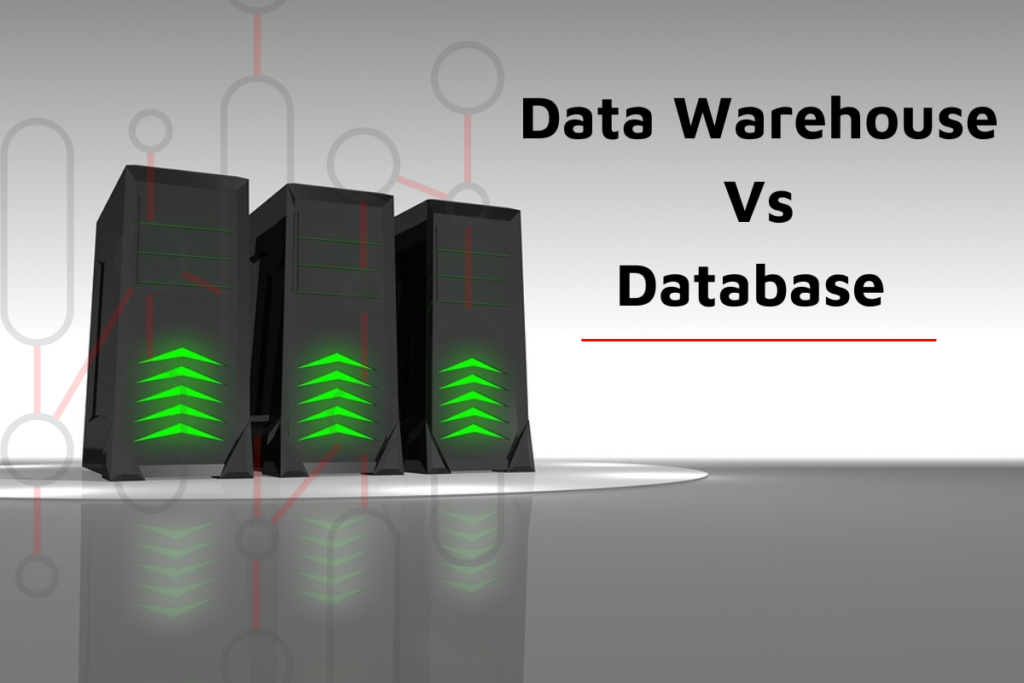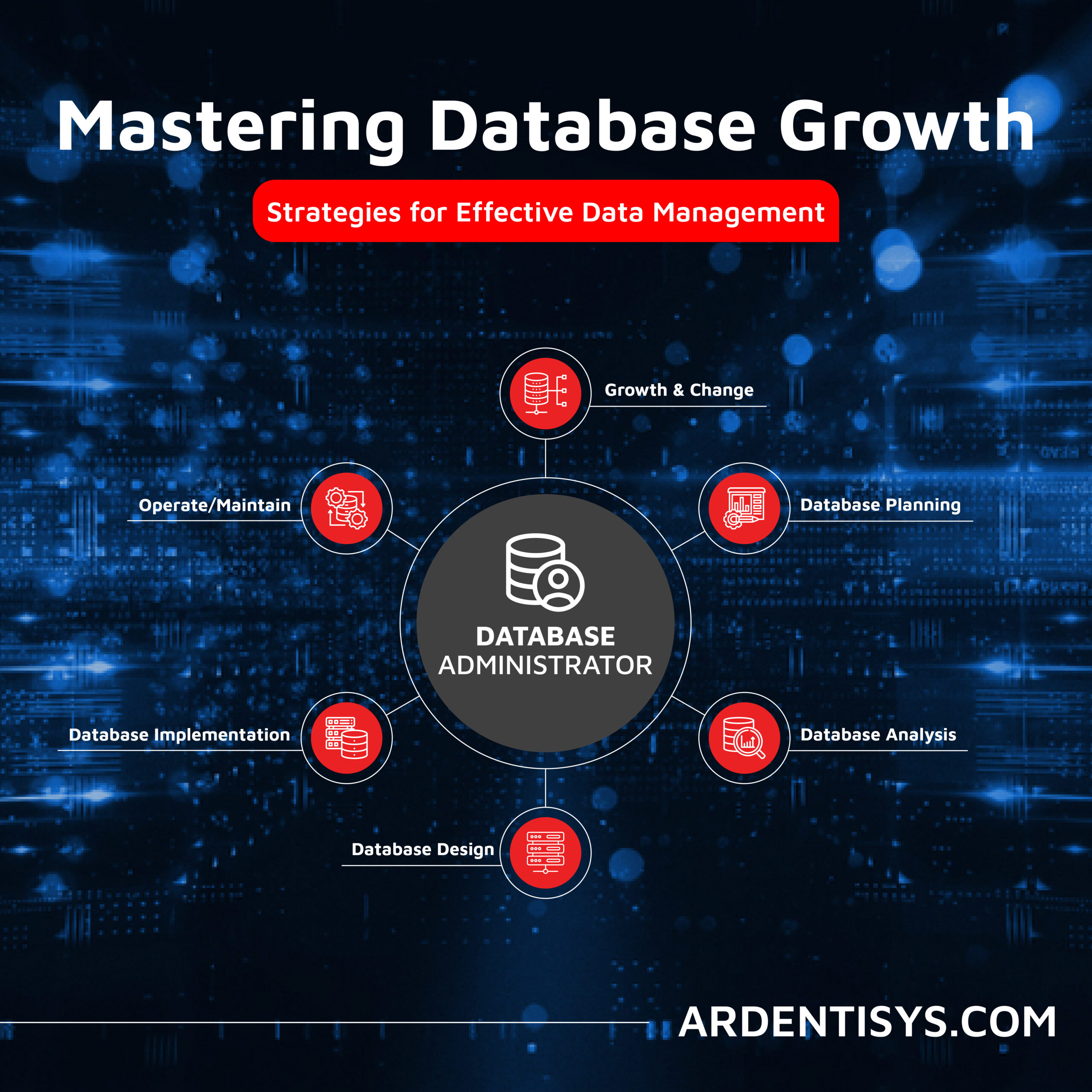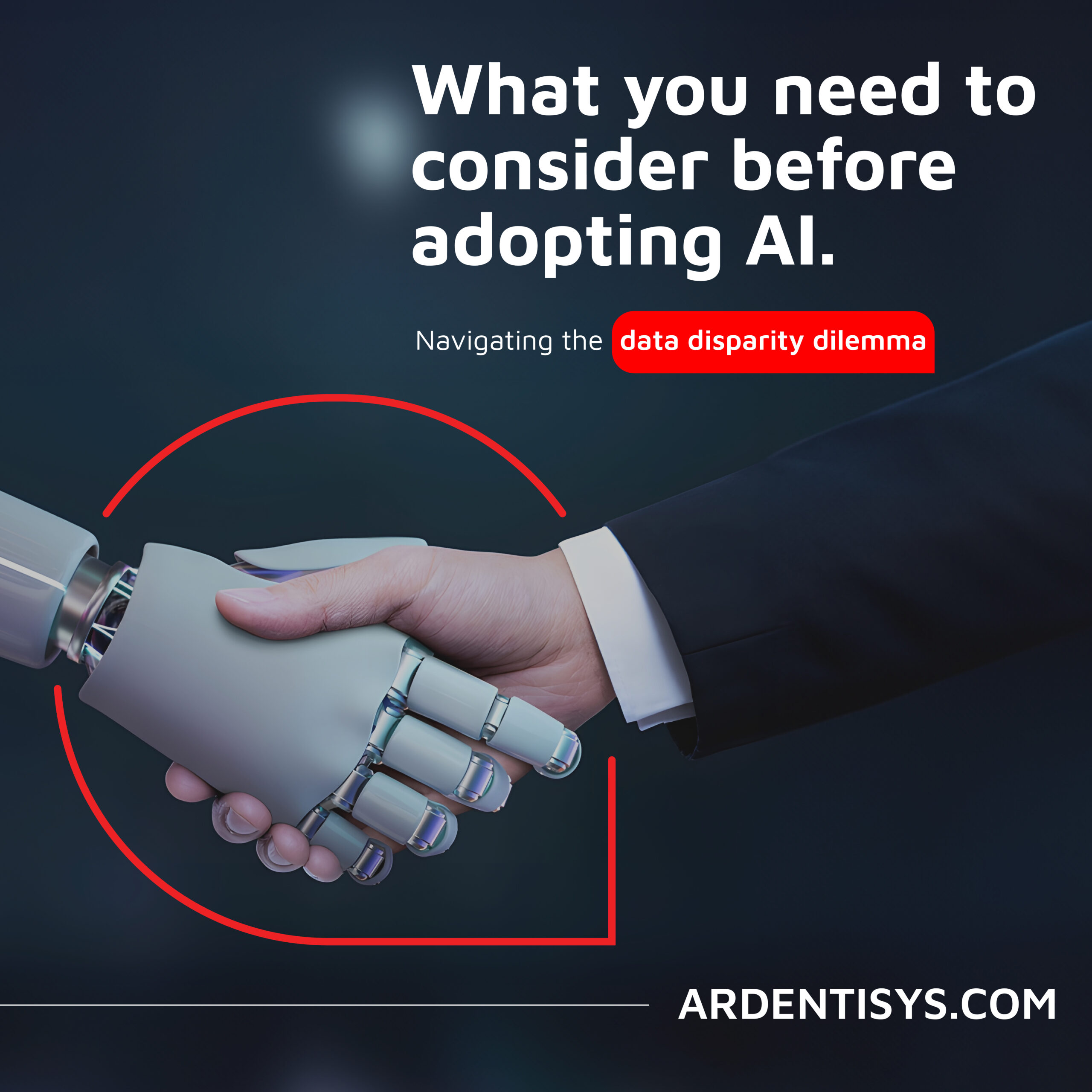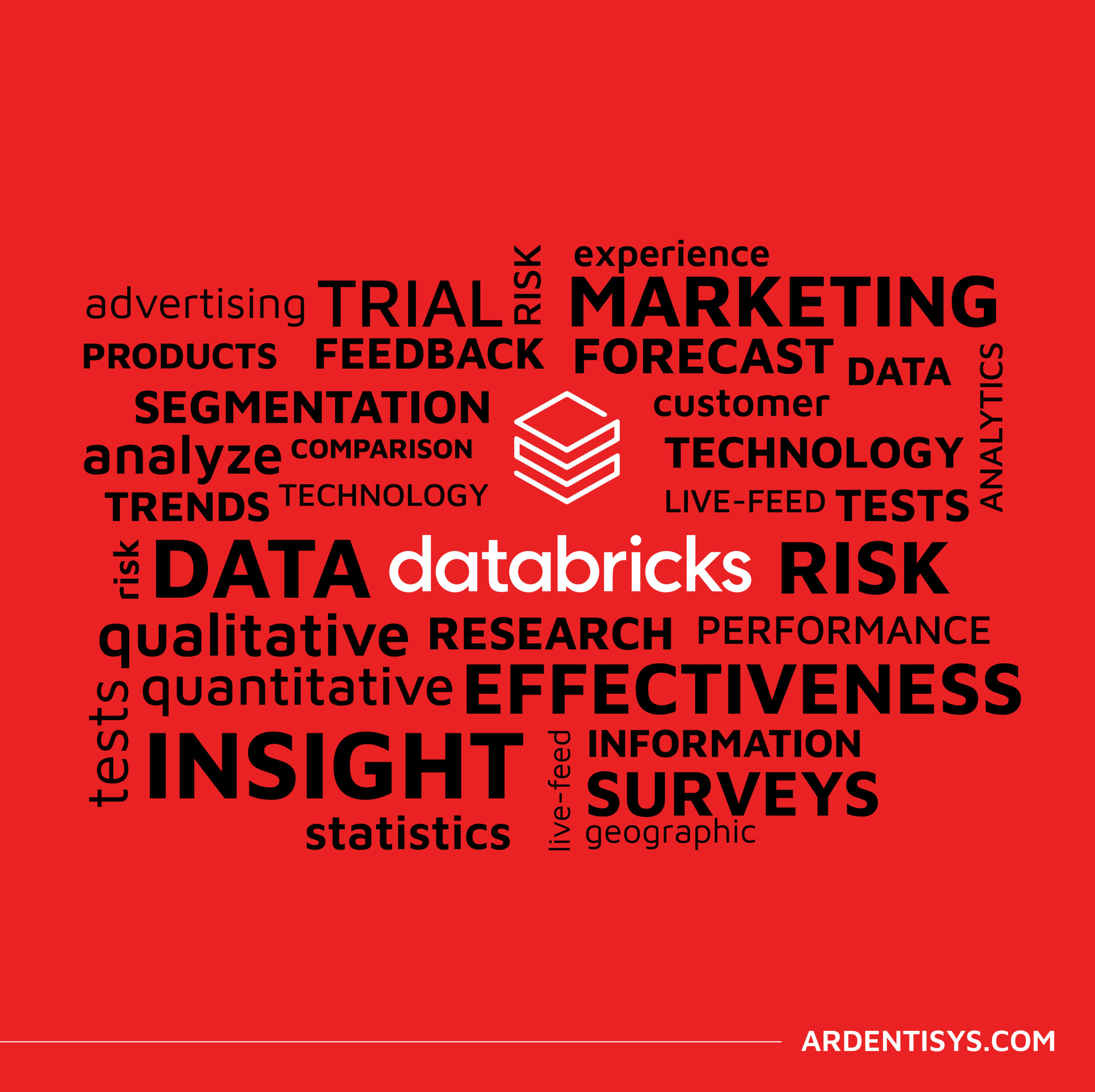Data Warehouse vs Database: The key differences
10 October 2022 | Noor Khan

Cloud technology and advances in hybrid-storage technologies have meant that data storage is no longer left entirely to internal equipment and a single company-owned server. Finding a database management solution that works with the size and scale of your needs is not a task to be overlooked.

Being able to easily access your data, sort it in a manner that makes sense for your business, and know that it is protected in case of power disruptions or cyber attack are all business-critical considerations that must be addressed when determining the best data solutions. We’re looking at data warehouse services Vs databases – what they each do, what the pros and cons of the technologies are, and how they differ from one another, so you can make informed decisions to benefit your business.
What do you need to know about Data Warehouses?
A data warehouse is essentially a central repository for your information to be stored and accessed. Data warehousing services provide space and the tools to integrate data from various sources and create a searchable database. Depending on the service, the data warehouse may also have additional functions for data source integration, lifecycle management, data modelling, and other advanced organisational options.
The pros and cons of a Data Warehouse
As with many other technologies and platforms, there are both reasons for and against using a data warehouse, and these should be carefully considered before a structure is developed and put in place.
The benefits of a data warehouse include:
- Easier integration of data from multiple sources
- Error identification and suggested corrections
- Faster data retrieval
Some limitations to consider:
- Higher maintenance costs
- Increased time spent in preparing the data for the warehouse
- Issues with compatibility, especially at the initial set-up stages
Read about data warehouse Vs data lake and choosing the right data solution.
What do you need to know about Databases?
A database is a structured set of data, which is generally held in an individual location, that can generally be accessed in various ways.
There are different types of databases which are used depending on the project's needs. The main types of databases are:
- Relational
- Object-Orientated
- Hierarchical
- Network
The Pros and Cons of a Database
Making use of an internal or ‘local’ database can have benefits and problems associated with it.
Some of the pros include:
- Minimised data inconsistency
- Stricter control over data redundancy
- Ease of sharing
But some of the cons to consider include:
- Additional costs involved with staff training
- Hardware and software updates and maintenance costs
- Data conversion may be costly
- Incompatibility with other software
Data Warehouse vs Database and the key differences
The key difference between using a local database and a data warehouse service is accessibility – with data warehouses offering wider access.
However, it’s also important to consider that many data warehouses have easy options to purchase more space when the database grows in size, an internal database is limited to the size restrictions of the local server, and it can be both costly and time-inefficient to upgrade the server when these limits are reached. Making the correct choice will rely on your specific business needs, the size of the team involved in working with the databases (or accessing them), and whether you have a growth and expansion plan to consider.
Ardent data warehousing service
Ardent has worked with a wide variety of clients to provide a data warehousing service to ensure data organisation and accessibility. If you are dealing with slow query performance, data coming from multiple sources and increasing load to data, get in touch to find out how Ardent can help you effectively store your data. Our engineers help our clients unlock their data potential every day and can do the same for you.
Explore our data engineering services
Ardent Insights

Overcoming Data Administration Challenges, and Strategies for Effective Data Management
Businesses face significant challenges to continuously manage and optimise their databases, extract valuable information from them, and then to share and report the insights gained from ongoing analysis of the data. As data continues to grow exponentially, they must address key issues to unlock the full potential of their data asset across the whole business. [...]
Read More... from Data Warehouse vs Database: The key differences

Are you considering AI adoption? We summarise our learnings, do’s and don’ts from our engagements with leading clients.
How Ardent can help you prepare your data for AI success Data is at the core of any business striving to adopt AI. It has become the lifeblood of enterprises, powering insights and innovations that drive better decision making and competitive advantages. As the amount of data generated proliferates across many sectors, the allure of [...]
Read More... from Data Warehouse vs Database: The key differences

Why the Market Research sector is taking note of Databricks Data Lakehouse.
Overcoming Market Research Challenges For Market Research agencies, Organisations and Brands exploring insights across markets and customers, the traditional research model of bidding for a blend of large-scale qualitative and quantitative data collection processes is losing appeal to a more value-driven, granular, real-time targeted approach to understanding consumer behaviour, more regular insights engagement and more [...]
Read More... from Data Warehouse vs Database: The key differences






